Sports
[Odds and Evens] Tokyo OlympicsーA Conundrum in Real Time
Published
4 years agoon
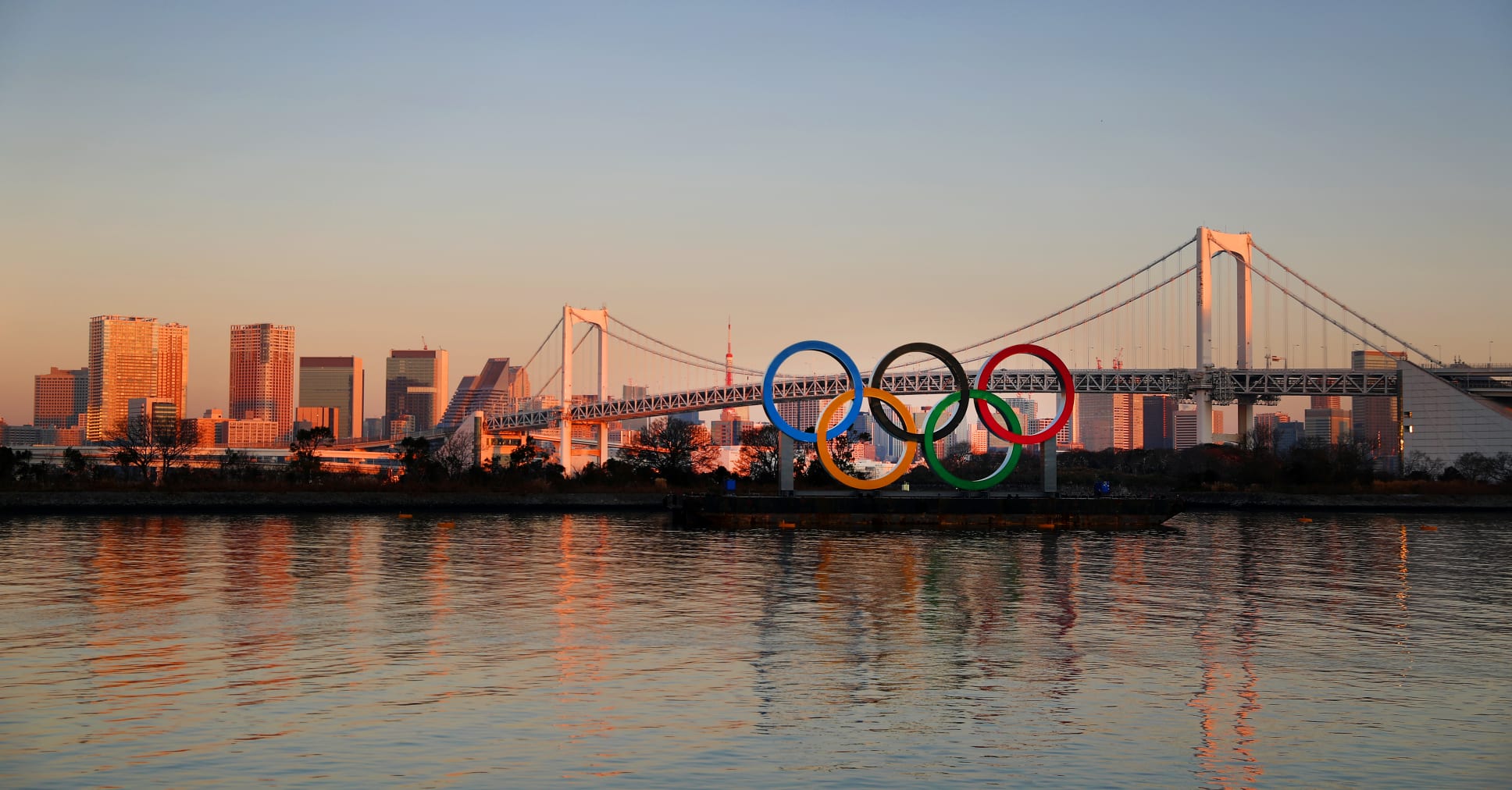
“Nobody knows anything.”
That was the late screenwriter and novelist William Goldman’s assessment of Hollywood many years ago. Some might even call it timeless wisdom.
Which comes to mind when the subject of the Tokyo Olympics is bandied about.
The original plan, of course, celebrated a “compact Games.” That, of course, was pure fantasy. Instead, one of the most spread-out Olympics became a reality in the ever-changing blueprint -- and there’s nothing compact about it, with venues located from downtown Tokyo to Sapporo.
Naturally, the decision to remove the 2020 Olympics from this year’s sports calendar was never at the top of everyone’s list of predictions. But the realities of the global COVID-19 pandemic amid the rising death toll (nearly 350,000 deaths worldwide and more than 5.5 million confirmed cases) forced the International Olympic Committee and the Japanese Olympic Committee to authorize the most difficult decision imaginable on March 24.
In reality, it would’ve been impossible to stage the Summer Games, starting on July 24, this year. What’s more, international air travel is not operating at anywhere close to full capacity.
It’s not shocking that top IOC and JOC officials have gone back and forth in their rhetorical pontificating, reacting to and sometimes contradicting one another’s statements about the Tokyo Games. After all, both organizations want to deflect criticism.
In April, for example, Tokyo 2020 President Yoshiro Mori acknowledged that the COVID-19 pandemic is a fluid situation that might cause the global sports extravaganza to be called off next year, saying, “In that case, it’s canceled.”
But Tokyo 2020 CEO Toshiro Muto, speaking last week, had this to say: “Mr. Mori was trying to say that we should have the mentality to prepare the games so that it can take place next year.”
Commenting last week on the messy state of affairs, Muto rejected the notion that IOC and Tokyo 2020 officials know what will happen next year.
“I don’t think they have a common understanding about canceling the games,” Muto told reporters.
Muto said this just days before Prime Minister Shinzo Abe lifted the national state of emergency in all 47 prefectures (Tokyo, Chiba, Yokohama, and Hokkaido were the last four on Monday).
-

- JOC's Yoshiro Mori with Prime MInister Abe, Gov. Koike and others on call with IOC President Thomas Bach (Gov. Japan-Prime Minister's Office)
On the other hand, IOC chief Thomas Bach is tasked with presenting the image of a realist as he presides over the Olympic landscapeーeven when he’s not communicating directly to or alongside Tokyo 2020 officials.
Last week, the BBC, with a massive global audience, gave Bach one of the biggest forums possible to dish out his views on the state of affairs for next year’s Tokyo Games.
Looking back on two months ago, when he faced heavy criticism from athletes and others for his perceived slow response in ordering the 2020 Games to be postponed, the German commented on the chain of events.
“The developments were so fast that you could not know what would happen tomorrow,” Bach told the BBC, responding to a question whether he would’ve handled things differently now.
To find the balance between the more optimistic experts, saying, ‘Wait, you still have time. It’s still some months away. Let’s see how it goes’, and the others saying, ‘This will be a total disaster -- why don’t you take this decision right now?’ This was the challenge every day.
Bach went on:
And this had to be done in consultation with our Japanese partners, because we could have canceled the games alone, without them, and that would have been an easy decision in one way.
We could have said, ‘OK, this is it.’ We would have got our money being paid by insurance. And we could have started to prepare for Paris (2024 Games). But this was not a real option because this would have deprived the athletes of this unique Olympic experience.
Neither the IOC nor Tokyo 2020 (and the JOC) want to lose every penny invested in building venues, renovating existing facilities and investing in infrastructure in Tokyo and elsewhere in Japan for the Olympics.
But the costs are staggering already, even before factoring in additional money needed to hold the Olympics in 2021: Estimates have ranged from $3 billion USD to $6 billion USD for Tokyo 2020 organizers, according to published reports. The IOC has pledged $800 million USD to help out. Japan has already shelled out $12 billion USD to prepare for the Tokyo Games.
Which is why Bach sees a small window of opportunity. After all, economic concerns can’t be concealed.
"Quite frankly, I have some understanding for this, because you cannot forever employ 3,000, or 5,000, people in an organizing committee," Bach stated diplomatically in the BBC interview on May 20.
You cannot every year change the entire sports schedule worldwide of all the major federations. You cannot have the athletes being in uncertainty.
You cannot have so much overlapping with a future Olympic Games, so I have some understanding for this approach by our Japanese partners.
Even so, the timing and tone of Bach’s comments -- including “some understanding” remark ー startled Tokyo 2020 officials, as if they were being ignored or kept out of the loop. But, according to Bach, Abe conceded to him that next year was the “last option.”
Reacting to Bach’s comments, Muto, a day later, said: “To the best of my memory, the prime minister did not say anything about a last option.”
Could the Tokyo Games Have Been Delayed Until 2022?
It’s easy to play the critic without having to face the cameras, press briefings and public reaction to grim proclamations.
That said, it looks like the IOC missed a potential opportunity to right the ship -- or at least navigate a new course -- in the most troubling days of this scheduling crisis.
Within six days of announcing that the Tokyo Olympics would not be held in 2020, it was announced on March 30 that July 23, 2021, a year minus a day, would be the new start date.
What was the rush?
Couldn’t a more flexible plan have been considered or proposed?
Again: What does anybody really know about the life span of the global pandemic? The World Health Organization (WHO) and doctors worldwide are learning, but it’s an ongoing process. And when will the COVID-19 pandemic end or not be considered a dangerous threat?
Could the IOC have made the radical decision to erase its Summer Olympic calendar for the foreseeable future?
Could it have pushed back the Tokyo Games to 2022 and switched the Paris Olympics to 2026?
It’s certainly possible on both counts.
Skipping an actual Olympics as opposed to an inconvenient delay of two years seems to be the worst-case scenario. Moreover, it is a scenario that also probably ends the Olympic experience for hundreds of athletes before they ever participated.
Lucrative Olympic sponsorships and broadcast deals, of course, are a big part of how the IOC hauls in billions of dollars, and the global economy has already suffered staggering losses this year. And no one really knows how many sponsors and partners might be forced to end ー at least for the next several years ー their association with the IOC and the Olympic movement due to dwindling resources.
It would certainly be nice if somebody knew something.
Right now, 14 months away from the announced rescheduled start of the Tokyo Games, questions outnumber answers by, ahem, about a 20:1 ratio.
For those keeping score at home, that’s not a good thing.
Author: Ed Odeven
You may like
-


[ODDS and EVENS] Makoto Hasebe, 40, Leaves Big Impact on the German Bundesliga
-


SusHi Tech Tokyo 2024 Peers Into a Vision for Sustainable Cities of the Future
-


Yoshiwara, the Glamorous Culture of Edo's Party Zone
-


Rui Hachimura Helps Lakers Edge Pelicans in NBA Play-In Tournament
-


[JAPAN SPORTS NOTEBOOK] Utsunomiya Brex are Thriving with Team-First Play
-


Birth of an Asian NATO: A New Strategic Alliance Emerges Amid Regional Tensions


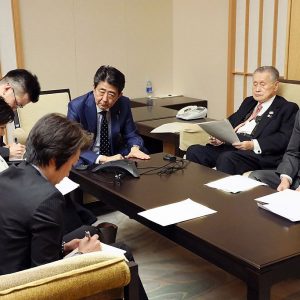
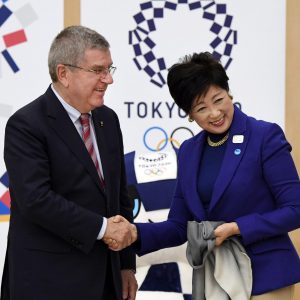
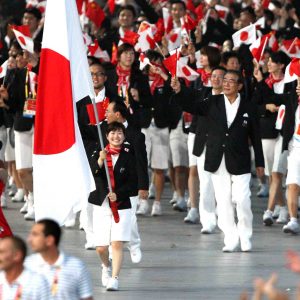
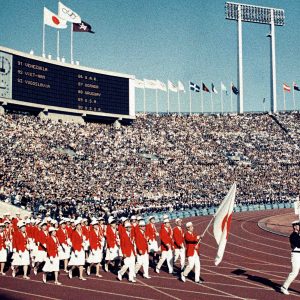







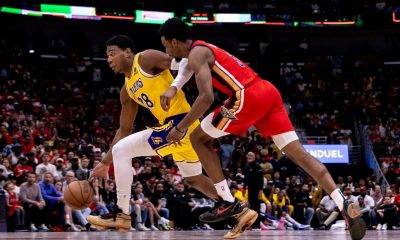



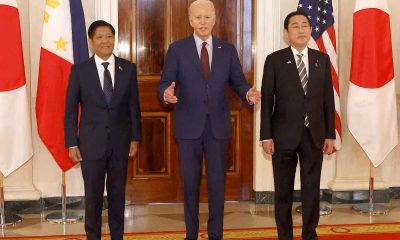


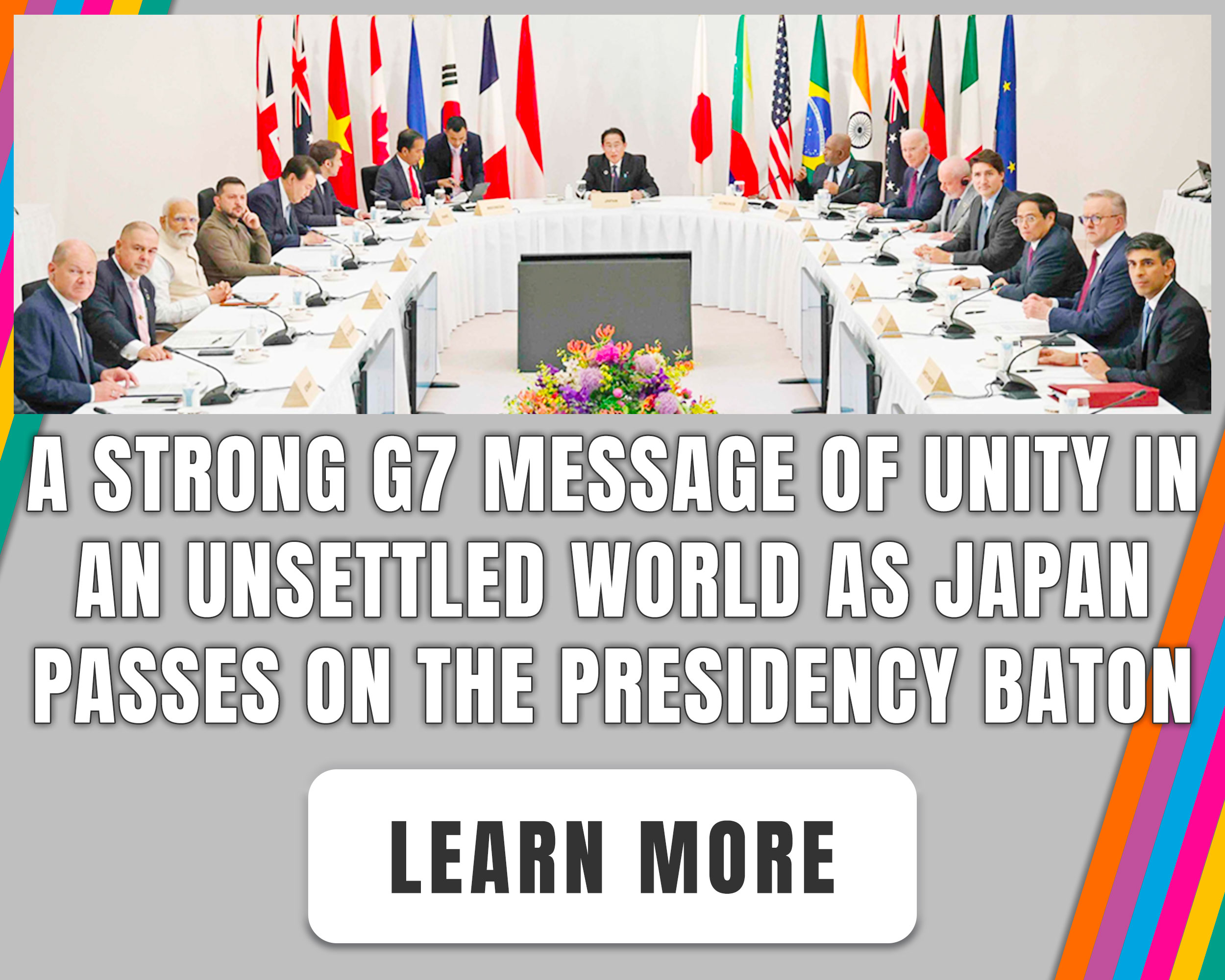
You must be logged in to post a comment Login